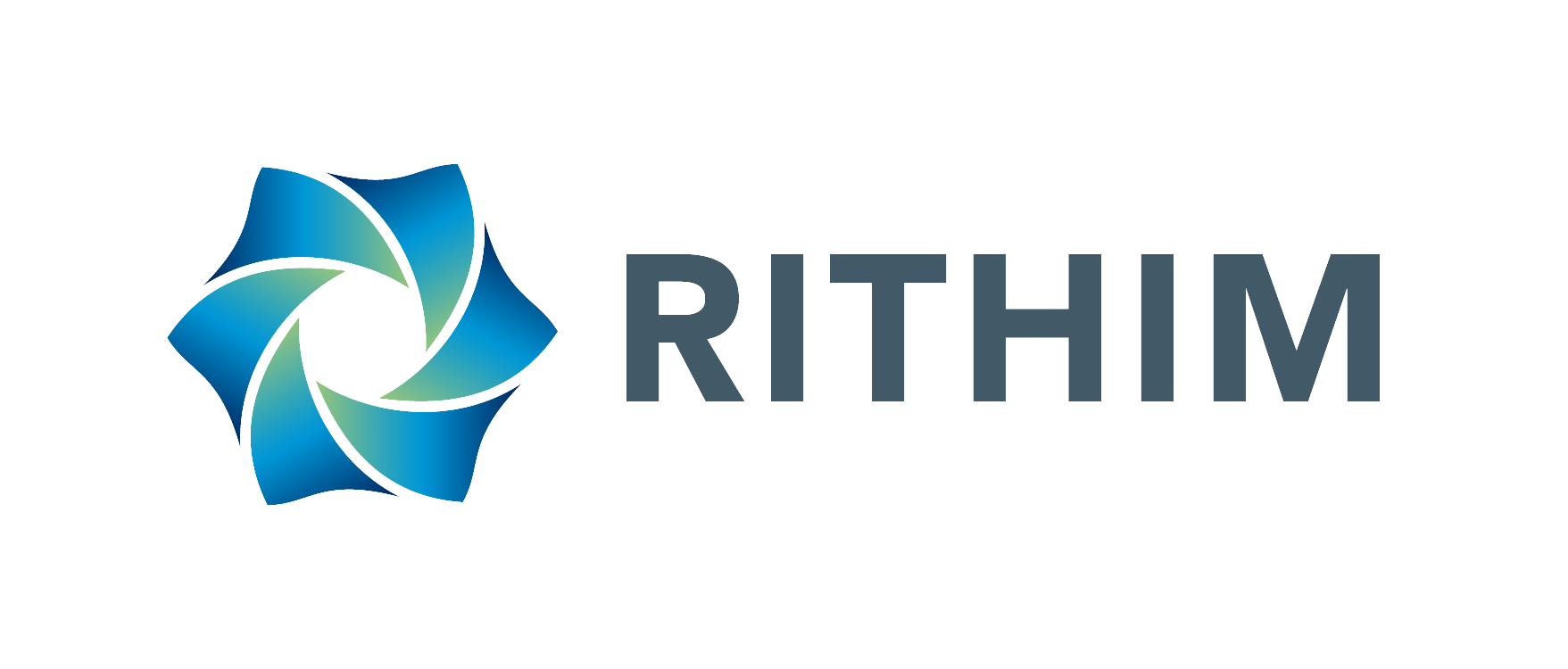Payments to Researchers & Conflict of Interest
Payments to Researchers
All project funding information must be documented in the Harmony application. If a project is funded, CHIPER must ensure that funds are allocated in an ethical manner. Payments to researchers, for projects sponsored by the private sector, should not be so high as to seem coercive. For projects funded by the private sector, granting agencies or other organizations, the informed consent form should contain the following (or similar) disclosure to the research participants: “The project doctor (and/or institution) is/are receiving financial payment from (name of sponsor/funder) to cover the costs of conducting this project.”
Detailed, itemized financial disclosure in the informed consent form is not necessary, unless the participant requests it.
Recruitment Bonuses and Finder’s Fees
Awarding or accepting recruitment bonuses for the recruitment of a certain number of participants or for the recruitment of participants within a certain period of time is unethical.
In addition, the offer or acceptance of a finder’s fee is prohibited. Finders’ fees are defined as money or other personal rewards provided to members of the research team or any other individuals simply to identify potential participants for a project.
The exception would be compensation to a referring professional which may be acceptable when additional duties such as reviewing the project protocol and/or conducting a potential eligibility screening are required. The individual must have provided informed consent for the potential eligibility screening to proceed. Compensation must not be contingent upon the participant’s acceptance into the project, agreement to participate, or completion of the project. CHIPER will consider nominal compensation that is felt to be reasonable for the time and effort expended by the referring professional. This compensation must be disclosed to the potential participant.
Conflict of Interest
A conflict of interest may arise when activities or situations place an individual or institution in a real, potential or perceived conflict between the duties or responsibilities related to research, and personal, institutional or other interests. These interests include, but are not limited to, business, commercial or financial interests pertaining to the institution and/or the individual, their family members, friends, or their former, current or prospective professional associates.
Conflicts of interest must be assessed when conducting research, as they may jeopardize the integrity of the research and the protection offered to participants. Researchers, their institutions, and ethics committees should identify and address conflicts of interest – real, potential or perceived – to discharge professional and institutional obligations, maintain public confidence and trust, and ensure accountability.
Researchers shall disclose in research projects submitted through Harmony any real, potential or perceived conflicts of interest which they are aware that may have an impact on their research. CHIPER will consider whether the conflict of interest should be disclosed to prospective participants as part of the consent process.
*Note: CHIPER does not require that researchers identify holdings in managed mutual funds to be declared in the conflict of interest statement.
When reviewing research projects, CHIPER members shall disclose real, potential or perceived conflicts of interest. When necessary, CHIPER may decide that some of its members must withdraw from ethics deliberations and decisions.
Additional Requirements for United States National Institutes of Health (NIH)-funded Research
The Health and Human Services (HHS) regulation 42 CFR Pat 50 Subpart F, Promoting Objectivity in Research (Financial Conflict of Interest [FCOI] Regulation), establishes standards that provide a reasonable expectation that the design, conduct, or reporting of NIH-funded research (grants and cooperative agreements) will be free from bias resulting from any researcher’s conflicting financial interest. NIH requires recipient institutions and their researchers to fully comply with all FCOI requirements. For additional details regarding the FCOI regulation, please visit: https://grants.nih.gov/grants/policy/coi/index.htm
